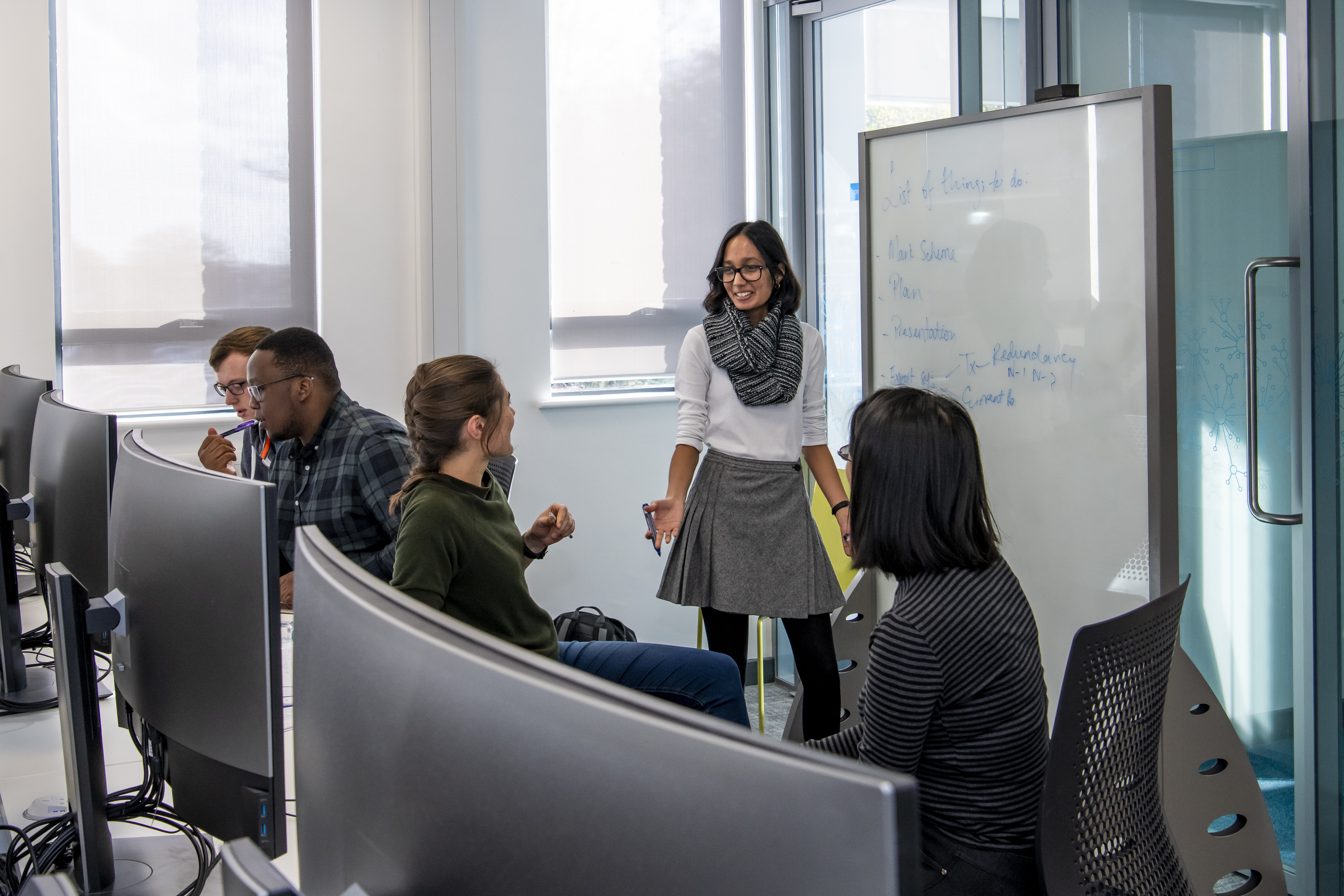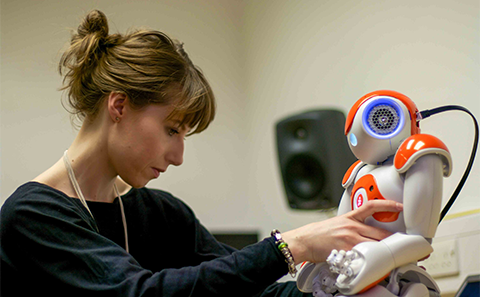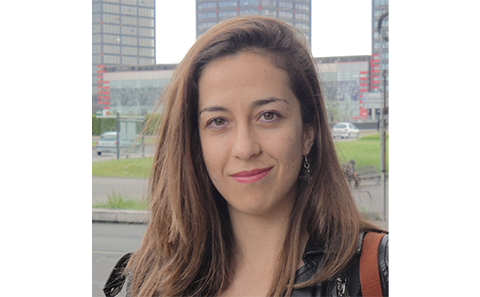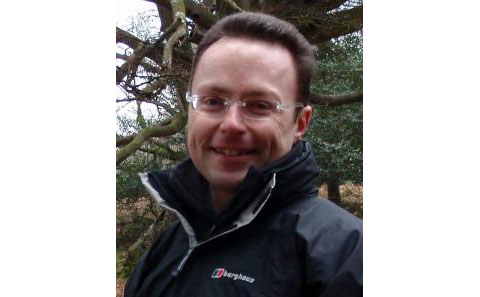
Professor Tim Norman
CDT Director
The MINDS CDT is based at the Highfield Campus at the University of Southampton, home to both the School of Electronics and Computer Science and the Zepler Institute for Photonics and Nanoelectronics. Electronics and Computer Science is the leading department of its kind in the UK with a long tradition of interdisciplinary research. It hosts the Centre for Machine Intelligence and the Centre for Internet of Things and Pervasive Systems, both centres of research excellence.
The Zepler Institute is the largest electronics and photonics Institute in the UK. It is home to one of the most comprehensive nanofabrication cleanroom and testing facilities in Europe, and, where relevant to their individual project, MINDS students will have fully-funded access to them.
The University is a member of the Alan Turing Institute, providing our students with access to that important network.
We bring together world leading AI and electronics expertise in this unique centre to develop and support a new generation of scientists innovating future energy-efficient, hardware-enabled AI to the benefit of our society and economy.
As a PhD student in MINDS, you will be part of world-leading research as it happens. The University of Southampton has a worldwide reputation for its research, education and enterprise. We are committed to providing a positive and inclusive working environment for all so that everyone is given the opportunity and support to achieve their full potential.
You will have access to our world class facilities for all areas of your projects, research and interests.
The Cleanroom is the largest multidisciplinary cleanroom of its type in the UK offering world-class facilities and expertise in nanoelectronics, optoelectronics, quantum technologies, device physics and biotechnology. We take new nanotechnology concepts and realise them into prototypes for the next generation microprocessors, broadband internet system, bio-medical and environmental sensors. For a virtual tour click here.
Each research group provides a dedicated daily work space, new computer and individual desk for the duration of the PhD, within a supportive and collaborative community of other PhD researchers in similar fields. There are additional communal spaces for group meetings.
The Advanced Prototyping and Assembly Lab is a dedicated student space set up to provide optimum working conditions, enabling students to put their prototype designs into action immediately. Students are able to replicate industry processes with tangible end results by simulating, designing, building and prototyping.
The lab houses state of the art equipment which is recognised by our industrial partners. The lab supports our internationally renowned degree programmes with 3D printers, reflow soldering ovens and laser cutting facilities. There is an industry standard automatic Pick and Place machine which can assist building PCBs in production quantities, allowing students to experience a realistic insight into manufacturing processes.

Being part of a Centre for Doctoral Training means being part of an exciting learning environment giving you the chance to do PhD level research with the benefit of taught courses to provide a solid foundation across traditional disciplinary boundaries. This is an integrated PhD (or iPhD), and its structure, we believe, helps new, innovative ideas to emerge.
Having the funding to train around 60 PhD graduates over 5 cohorts also provides critical mass to bring together a wide range of industry, government and third sector partners that can add value to your research. These include internships to allow you to put your research into practice, and the wider networks that these collaborations open up.
Different CDTs use different models, but with MINDS students are admitted to the programme (rather than to work with a specific supervisor). This gives our students the time shape their ideas, and work with a supervisory team (and in most cases an industrial advisor). We believe this leads to more successful research teams.
We recruit approximately 12 students per year to the MINDS programme, but students are also part of the larger, thriving PhD community across the School of Electronics and Computer Science and the Zepler Institute for Photonics and Nanoelectronics, as well as the University and our association with wider networks such as ATI.

CDT Director

CDT Deputy Director

Training & Cohort Development; Agent-Based Adaptive Systems theme leader

Embedded AI Theme Leader

Impact Acceleration; Task-Optimised Devices and Systems Theme Leader

Advertising & Recruitment; Deputy Impact Champion

Outreach and Diversity co-ordinator

STARS programme coordinator

CDT Programme Manager